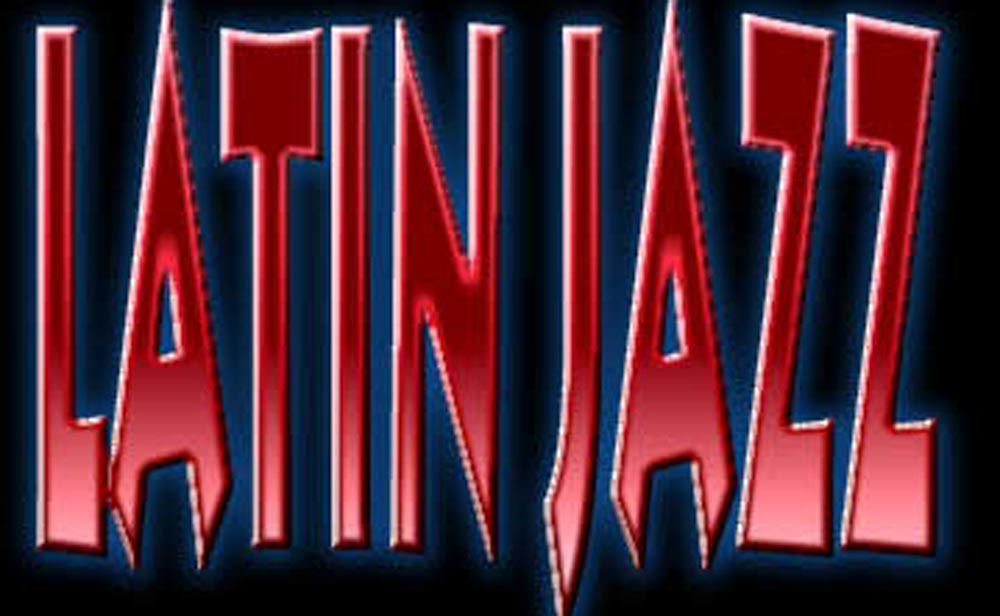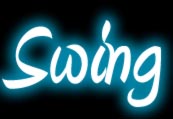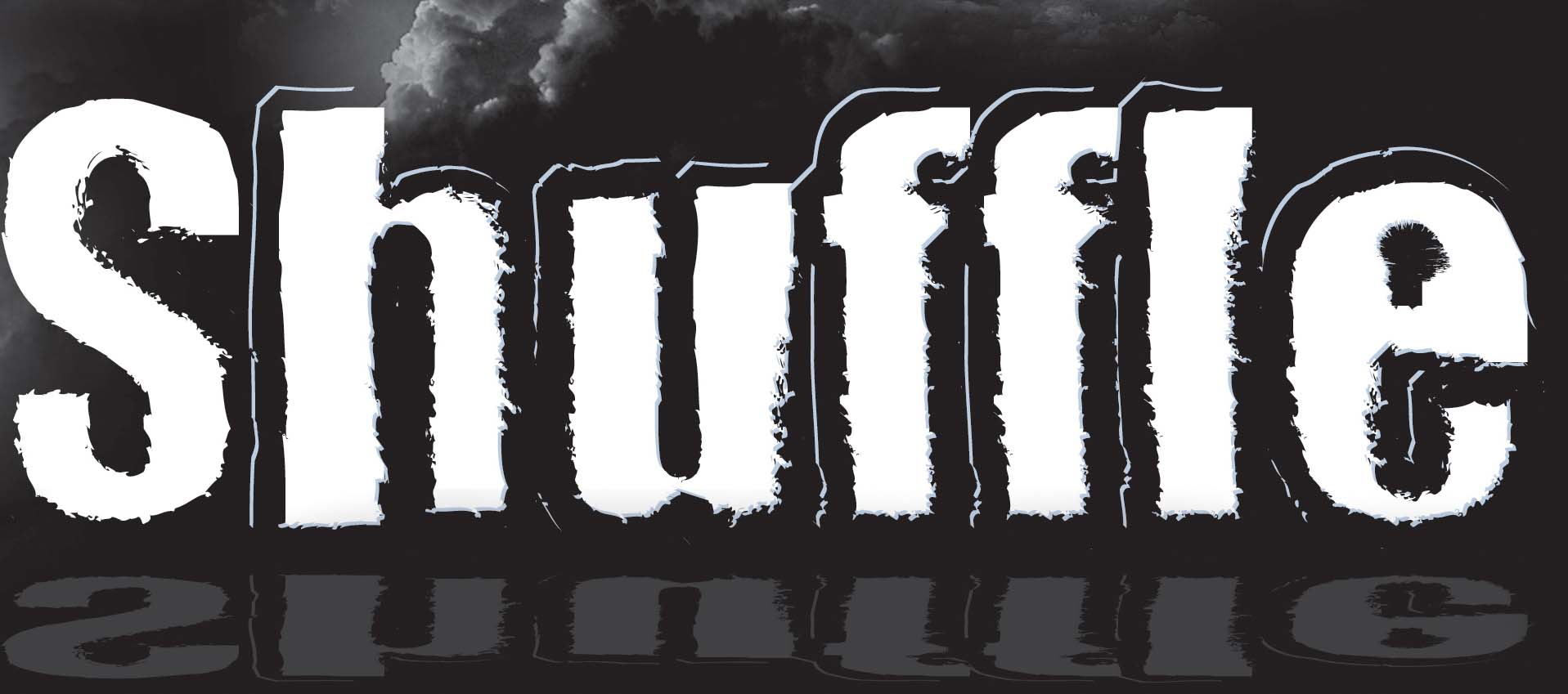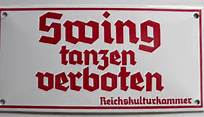Hartwig Eitler Quartet

Swing Jazz
"Swing" describes the magic music we fell for as students, and we still play today. Was it the "feel" of swing? Was it the emotion caused when a saxophone swings? Was it a style of music? Was it a period in popular music when jazz dominated the airwaves and everybody's dancing was to swing music? Was it enjoyment of things that our parents were denied?
In the sixties, "swing" was easy to define, since there was no danger of embarassment by definitions without scientific basis.There were no scientific texts elaborating on the history of jazz and its various styles. What a change since then -- Wikipedia and Music Colleges are filled with smart definitions about the evolution of jazz and its various styles. And the rapid evolution of new trends away from jazz as popular music to dance to, and towards jazz as an art form for a sit-down concert experience was happening in North America, but was yet to become fully visible to us. We could collect first impressions via Norman Granz's "Jazz at the Philharmonic", performed in Concert Halls in Vienna and Graz, bebop already was familiar, but much was very new to us. We wanted and want to play music that swings, rocks, shakes and moves people into dancing. We play composed melodies and harmonies under traditional rhythmic rules, but most of what we play is improvisation. Today, we certainly also play bebop -- Eddie Lockjaw Davis being a hero of our sax player. Sometimes a cross between swing and bebop gets called "Mainstream jazz".






"Swing" beschreibt jene magische Musik, der wir uns als Studenten hingaben. Diese spielen wir auch heute. War das das Gefühl des "Swing"? Was durch ein Saxophon ausgelöst wird, wenn es swingt? Ein Musikstil? Eine Periode, als Jazz den Radioäther füllte, als alle zu den Swingorchestern der Zeit tanzten? Freuten wir uns, dass wir durften, was unseren Eltern verwehrt blieb?
Swing war in the sechziger-Jahren leicht zu definieren, weil man kaum Gefahr lief, der anerkannten wissenschaftlichen Definition zu widersprechen -- es gab keine wissenschaftliche Literatur zum Jazz. Was hat sich da nicht alles seither durch Wikipedia und die vielen Musik-Colleges verändert. Und die Evolution des Jazz weg von Populärmusik, zu der man tanzte und hin zur Kunstmusik, die man im Konzertsaal sitzend erfährt, hatte zwar in den USA schon begonnen, aber das war bei uns noch nicht wirklich angekommen. Wir konnten erste Eindrücke schon im Rahmen der Norman Granz Konzerte "Jazz at the Philharmonic" in Wien und Graz erleben, Bebop war schon bekannt, aber vieles war für uns sehr neu. Wir wollten und wollen Musik spielen, die swingt, rockt, aufweckt und zum Tanzen anregt. Wir spielen komponierte Melodien und Harmonien, aber das meiste ist doch Improvisation nach recht genauen rhythmischen Regeln. Wir verschliessen uns nicht dem Bebop -- Charlie Parker und Eddie Lockjaw Davis sind Helden unseres Saxophonisten. Manche Leute bezeichnen eine Kreuzung zwischen Swing und Bebop als "Mainstream Jazz".